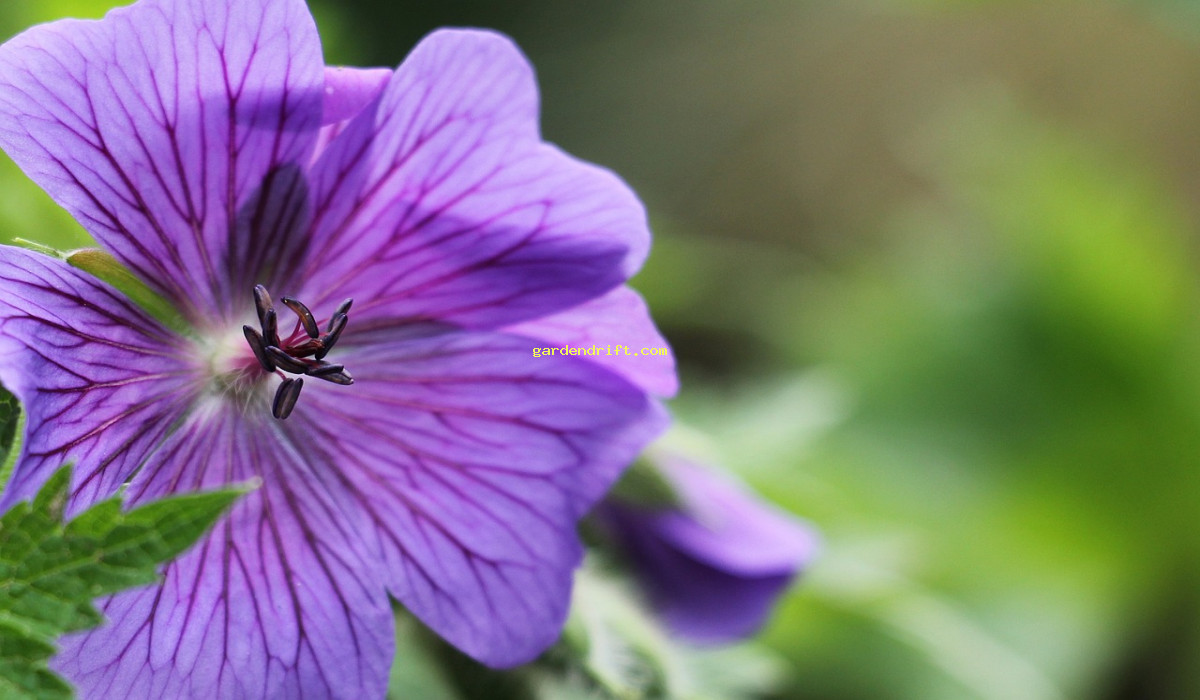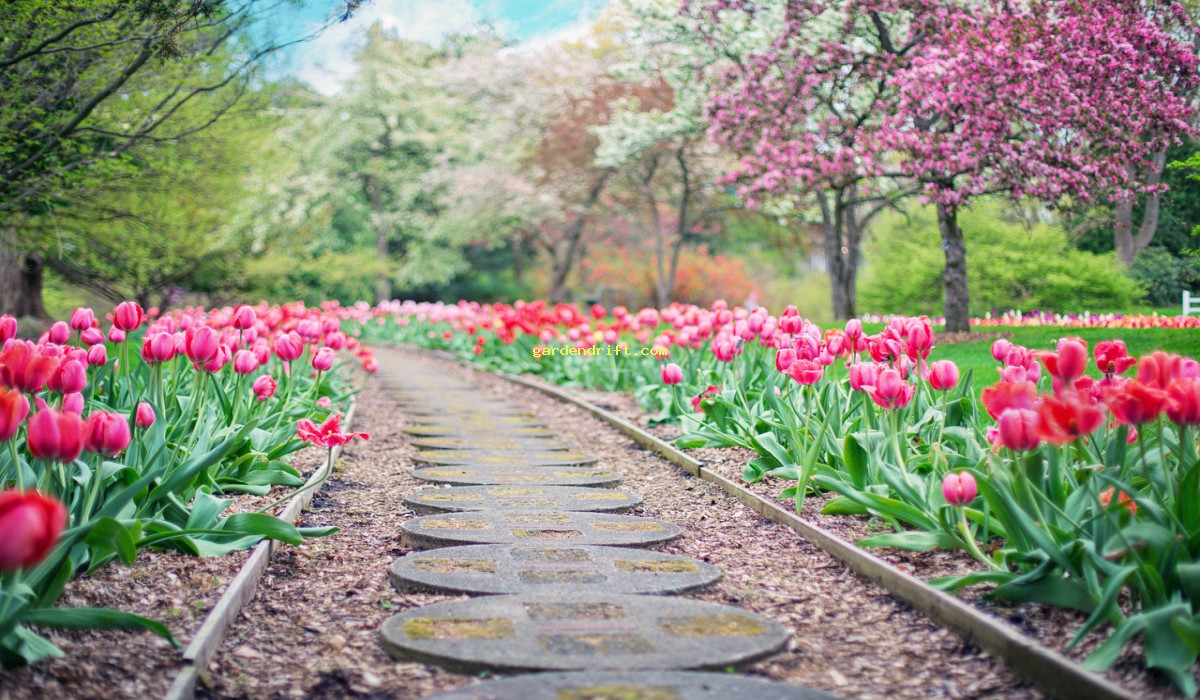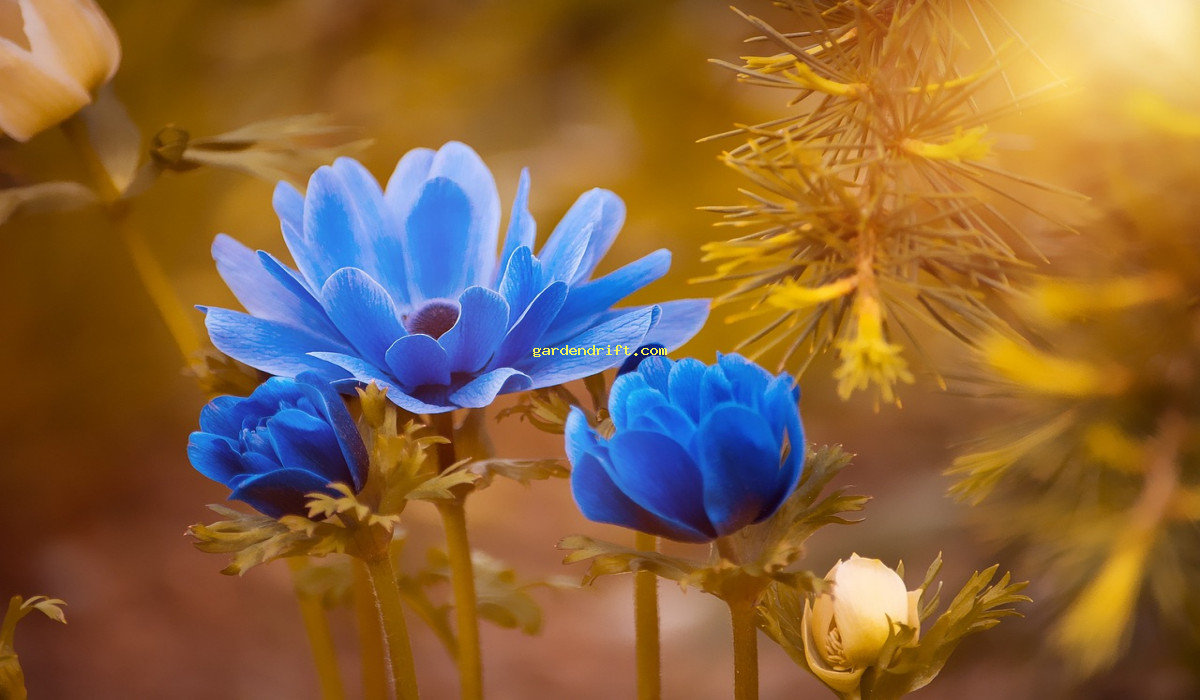10 Essential Tips for Easy and Successful Beginner Gardening. Discover the joys of gardening for beginners with our simple and easy-to-follow tips. Learn how to create a beautiful and thriving garden in no time with our helpful guide. Start your green thumb journey today! 10 Essential Tips for Easy and Successful Beginner Gardening.

10 Essential Tips for Easy and Successful Beginner Gardening. create a beautiful 10 Essential Tips for Easy and Successful Beginner Gardening
Starting your Gardening Journey: Tips and Tricks for Beginners
If you’re new to gardening, it can be a bit overwhelming to get started. With so many plants, tools, and techniques to consider, it’s easy to feel lost. But fear not, as we’ve compiled a comprehensive guide to help you begin your gardening journey on the right foot.
Gardening is not only a great way to beautify your surroundings, but it also has numerous physical and mental benefits. From reducing stress to improving air quality, there are plenty of reasons to get your hands dirty and start growing your own plants. So let’s dive into the world of gardening and learn how to create and maintain your own beautiful garden.
Choosing the Right Location for Your Garden
The first step in creating a successful garden is choosing the right location. This includes considering factors such as sunlight, soil quality, and accessibility. Here are some tips to help you choose the perfect spot for your garden:
- Look for an area with at least 6-8 hours of direct sunlight daily.
- Avoid areas with strong winds or where plants may be shaded by trees or buildings.
- Test the soil to determine its pH level and nutrient content. Most plants prefer a neutral pH (around 6.5-7).
- Consider the size and accessibility of the area. Make sure it’s easy to reach and maneuver around your garden.
Deciding on What to Plant
Now that you have your location chosen, it’s time to decide what to plant. There are a few factors to consider when choosing plants for your garden:
- Climate: Check your hardiness zone to determine what types of plants will thrive in your area.
- Season: Some plants are best grown in specific seasons, so make sure you’re planting at the right time.
- Space: Consider the size and layout of your garden to determine what plants will fit best.
- Personal preference: Choose plants that you enjoy and will be motivated to care for.
Gathering the Necessary Tools and Supplies
In order to properly care for your garden, it’s important to have the right tools and supplies. Here are a few basics that every beginner gardener should have:
- Gloves: Protect your hands from dirt and potential thorns.
- Hand trowel: Perfect for digging small holes and planting seeds.
- Garden hose or watering can: Essential for watering your plants.
- Pruning shears: Used for trimming and shaping plants.
- Fertilizer: Helps provide necessary nutrients for your plants to grow.
Preparing the Soil for Planting
Once you have your location, plants, and tools sorted, it’s time to prepare the soil for planting. This step is crucial in ensuring your plants have a healthy foundation to grow in. Here are a few tips for preparing your soil:

- Remove any weeds, rocks, or debris from the area.
- Loosen the soil with a garden fork or tiller.
- Add in organic matter, such as compost or manure, to improve soil structure and nutrient content.
- Mix in any required fertilizer or soil amendments.
Planting Your Garden
Now that your soil is prepared, it’s time to start planting. Different plants have different requirements, so make sure to read the instructions on the plant’s tag or packaging. Here are some general guidelines to keep in mind:
- Make sure the hole is deep enough for the plant’s roots to fit comfortably.
- Gently loosen the roots before placing the plant in the hole.
- Fill in the hole with soil and gently pat it down to remove any air pockets.
- Water the plant immediately after planting.
Caring for Your Garden
Congratulations, you now have a garden! But the work doesn’t end there. Proper care is crucial for the success of your plants. Here are some tips for maintaining your garden:
- Water regularly: Make sure your plants are receiving adequate water, especially during hot, dry weather.
- Weed often: Remove any unwanted plants that compete for nutrients and space in your garden.
- Fertilize as needed: Keep an eye on your plants and fertilize accordingly to provide the necessary nutrients.
- Prune and trim: Regularly remove dead or damaged leaves and stems to keep your plants healthy.
- Pest control: Keep an eye out for any pests that may be damaging your plants and take appropriate measures to get rid of them.
Enjoying the Fruits of Your Labor
With proper care and maintenance, your garden will begin to flourish. Take the time to step back and appreciate the beauty of your hard work. Additionally, harvesting your own fruits, vegetables, and herbs is another exciting aspect of gardening. You can use these fresh ingredients in your cooking or share them with family and friends.
Joining a Gardening Community
Gardening is a wonderful hobby, but it’s even better when shared with others. Consider joining a gardening club or community to connect with fellow gardening enthusiasts. You can exchange tips and advice, and even swap plants or seeds with each other. This is a great way to learn and grow as a gardener.
Troubleshooting Common Gardening Issues
As a beginner gardener, you may encounter some challenges along the way. Here are some solutions to common gardening issues:
- Yellowing leaves: This could indicate a lack of water or nutrient deficiency.
- Wilting plants: You may be overwatering or the plant may be experiencing root rot.
- Pests: Use natural methods, such as introducing beneficial insects, to control pests.
- Fungus or disease: Remove and dispose of affected plants and make sure to sanitize your tools before using them again.
Continuing to Learn and Grow
Gardening is a lifelong journey of learning and growing. As you gain experience, don’t be afraid to try new techniques and plants. You’ll continue to develop your skills and create a beautiful and flourishing garden.
Final Thoughts
Starting a garden may seem daunting at first, but with the right knowledge and tools, it’s a rewarding and enjoyable experience. By following the tips and guidelines in this article, you’ll be well on your way to creating your own little piece of paradise. Happy gardening!
10 Essential Tips for Easy and Successful Beginner Gardening
Discover the joys of gardening for beginners with our simple and easy-to-follow tips. Learn how to create a beautiful and thriving garden in no time with our helpful guide. Start your green thumb journey today!. Garden 10 Essential Tips for Easy and Successful Beginner Gardening
Gardening 101: How To Start A Garden
10 Essential Tips for Easy and Successful Beginner Gardening Gardening 101: How To Start A Garden Video 10 Essential Tips for Easy and Successful Beginner Gardening
Benefits of Gardening for Beginners
Gardening is not just a hobby, but a therapeutic and rewarding activity that can be enjoyed by people of all ages. It allows you to immerse yourself in nature, get your hands dirty, and reap the fruits of your labor. As a beginner, gardening may seem daunting at first, but with the right approach, it can be an enjoyable and fulfilling experience. In this article, we will guide you on how to start gardening as a beginner and all the benefits that come with it.
Mental Health Benefits
One of the most significant benefits of gardening for beginners is its positive impact on mental health. It has been proven to reduce stress, anxiety, and even symptoms of depression. By spending time in nature and tending to plants, your mind is distracted from everyday worries, and you can experience a sense of calm and peace. Gardening also involves physical activities, which releases endorphins and promotes a sense of well-being.
Physical Health Benefits
Gardening is an excellent form of exercise, especially for beginners who may not have a regular fitness routine. It involves a variety of physical activities such as digging, watering, and carrying heavy objects, which can help build strength and improve cardiovascular health. Gardening also encourages you to spend more time outdoors, allowing your body to absorb vitamin D from the sun, which is essential for bone health.
Improves Nutrition
One of the best things about gardening is having access to fresh, home-grown produce. As a beginner gardener, you can start by growing simple vegetables and herbs in your garden. This not only promotes a healthier diet but also saves you money on groceries. Plus, you get the satisfaction of knowing exactly where your food is coming from and how it was grown.
Environmental Benefits
Gardening also has numerous environmental benefits. By growing your fruits and vegetables, you reduce your carbon footprint from food transportation. You can also create a more eco-friendly garden by practicing composting, using organic methods for pest control, and planting native species. This helps to support local ecosystems and preserve biodiversity.
Social Benefits
Gardening is an excellent way to connect with others who share a common interest. Joining community gardens and clubs, attending gardening workshops, or simply chatting with neighbors about your gardening experiences can help you form new friendships and strengthen existing ones.
Lifelong Learning
Gardening allows you to continuously learn and grow as a beginner. There is always something new to discover, whether it be different plant species, gardening techniques, or creative ways to use your garden produce. As you gain experience and knowledge, you can also challenge yourself by taking on more advanced projects.
Aesthetics and Beauty
As a beginner gardener, you have the freedom to design and create a space that reflects your personal style. Gardening allows you to add color, texture, and beauty to your home, making it a more pleasant and inviting environment. You can experiment with different plants, flowers, and landscaping techniques to create a unique and stunning garden.
Provides a Sense of Accomplishment
There’s no greater satisfaction than seeing your hard work pay off. As you begin to see your garden grow and thrive, you’ll feel a sense of accomplishment and pride in what you have created. Gardening also offers a sense of purpose, whether it be nurturing a tiny seedling or caring for a mature plant.
Lowers Risk of Chronic Diseases
Gardening can have a significant impact on reducing the risk of chronic diseases such as heart disease and diabetes. By incorporating more fresh fruits and vegetables into your diet from your own garden, you reduce your intake of processed and unhealthy foods. Plus, the physical activity involved in gardening can help maintain a healthy weight and lower the risk of obesity-related diseases.
Teaches Patience and Resilience
Gardening is a valuable lesson in patience and resilience. It takes time and effort to see the results of your gardening efforts, and sometimes things may not go as planned. As a beginner, you will learn how to be patient and adjust to unexpected challenges, which are important skills to have in all aspects of life.
Encourages Creativity
Gardening is a form of art, and as a beginner, you have the opportunity to get creative and express yourself through your garden. From choosing color schemes to arranging your plants, you have the freedom to bring your ideas to life and create a unique outdoor space.
Reduces Food Waste
Growing your fruits and vegetables in your garden can also help reduce food waste. With store-bought produce, we often end up buying more than we need, leading to food waste. When you grow your own food, you can harvest only what you need, reducing food waste and saving money.
Adds Value to Your Home
A well-maintained garden can significantly increase the value of your home. It not only adds curb appeal but also makes your property more attractive to potential buyers. Plus, as a beginner gardener, you can add value to your home without spending a lot of money on expensive landscaping.
Engages the Senses
Gardening stimulates all five senses, making it a multi-sensory experience. From the smell of freshly-cut grass to the taste of homegrown produce, gardening engages your senses and allows you to fully appreciate your surroundings. As a beginner, you’ll also discover new scents, textures, and flavors as you experiment with different plants.
Promotes Self-Care
Finally, gardening is a form of self-care for beginners. It provides an escape from everyday stress and allows you to focus on yourself and your well-being. As you nurture your plants, you also nurture your mind and body, making gardening a therapeutic activity for beginners.
Conclusion
Gardening has numerous benefits for beginners, from promoting mental and physical health to providing an opportunity for creativity and self-care. As a beginner, it’s essential to start small and gradually expand your gardening skills and knowledge. With time and patience, you’ll be able to enjoy all the benefits that come with gardening. So, roll up your sleeves, get your hands dirty, and start your gardening journey today! 10 Essential Tips for Easy and Successful Beginner Gardening
 10 Essential Tips for Easy and Successful Beginner Gardening
10 Essential Tips for Easy and Successful Beginner Gardening
What are some tips for beginner gardeners?
Answer: Some tips for beginners include starting with easy-to-grow plants, choosing the right location for your garden, keeping your plants properly watered and getting the right tools, and consulting gardening resources for more information.
What are some essential gardening tools for beginners?
Answer: Some essential tools for beginners include a hand trowel, a spade, a garden fork, a watering can or hose, gardening gloves, and pruners. These tools can help you with tasks such as digging, planting, weeding, and pruning.
How often should beginner gardeners water their plants?
Answer: The frequency of watering for beginners will depend on the specific types of plants and their specific needs. Generally, it is recommended to water plants thoroughly once or twice a week, but it is important to check the moisture level of the soil before watering.
What is the best way to plan a beginner’s garden?
Answer: The best approach to planning a beginner’s garden is to start small and start simple. Choose a few easy-to-grow plants that you are interested in, find a good location for your garden, and make a simple plan for where you will plant each type of plant.
How can beginners prevent common gardening mistakes?
Answer: Some common gardening mistakes that beginners make include overwatering, under-watering, planting in the wrong location, and not knowing the specific needs of their plants. To prevent these mistakes, it is important to research and educate yourself on the types of plants you are growing, their specific care needs, and proper gardening techniques.
What is the best type of soil for beginner gardeners?
Answer: The best type of soil for beginner gardeners is a well-drained loamy soil that is rich in organic matter. This type of soil allows for proper drainage, aeration, and nutrient delivery to plants, making it easier for beginners to grow healthy plants.
Are there any garden pests that beginner gardeners should be aware of?
Answer: Yes, some common garden pests that can cause problems for beginner gardeners include aphids, slugs and snails, caterpillars, and spider mites. It is important to research and learn about potential pests in your area and take proactive measures to prevent or treat them.
What are some good resources for beginner gardeners?
Answer: Some good resources for beginner gardeners include gardening books, online forums and communities, local gardening clubs or classes, and resources from your local university extension office or garden center. These resources can provide helpful tips, advice, and information to guide you on your gardening journey.
How can beginners choose the right plants for their garden?
Answer: Beginners should choose plants that are suitable for their climate, take into consideration the space and light available in their garden, and consider their level of gardening experience. It is also helpful to choose plants that are easy to grow and maintain, such as herbs, vegetables, and some types of flowers. 10 Essential Tips for Easy and Successful Beginner Gardening
